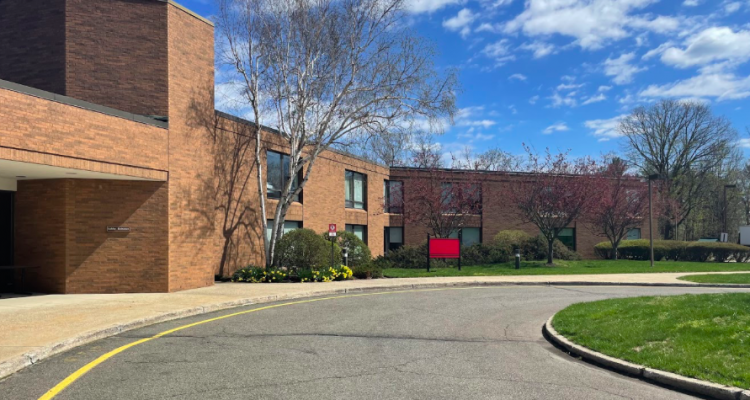Fairfield University student Brigid Protzmann ‘23 woke up early on November 6 expecting it to be like any other day. Little did she know it was bound to be the start of two weeks in quarantine at Bridgeport’s Holiday Inn.
After her roommate, Laura Zaccardi ‘23, tested positive for COVID-19, Protzmann knew that regardless of if she was positive or negative she would also have to quarantine as a close contact. Her experience in isolation, like most college students, was extremely difficult.
“My mental state was very bad,” Protzmann explained. “I don’t think I was necessarily anxious, but I was absolutely depressed. I was just a sad individual.”
With the COVID-19 pandemic still at the forefront of the United States’ priorities, quarantine is still very prevalent and something that a lot of people have to endure. The negative psychological effects of the 14-day quarantine are still being discovered but are prominent among those who have experienced it.
Zaccardi, unlike Protzmann, was in quarantine while also trying to recover from the COVID-19 virus.
“On the first day [of quarantine] I lost my sense of taste and smell,” she said. “That was very scary and it freaked me out for a bit.”
Her symptoms continued to worsen to the point where she felt so weak that she could not stand up out of bed. Having to deal with the symptoms of the virus alone caused her a lot of anxiety, but even as she began to recover the anxiety still remained.
Both Protzmann and Zaccardi would spend most of their days staring at the ceiling and counting the minutes.
The Student Health Center called every day to check in with them to see how they were doing mentally and physically during the weekdays but, unfortunately, these calls did little to nothing in terms of helping their mental health.
Protzmann explains she would try to break up her days by taking showers and watching TV, while Zaccardi did so by doing her homework and playing video games.
Professor Margaret McClure, chair & associate professor in the Department of Psychology at Fairfield University, stressed the importance of staying busy while in isolation.
“Quarantine is hard for everybody, of course,” she explained, “but people that are college-age, their social support very often comes from interaction with their peers and friends.”
She also emphasized the importance of remaining social even if it is over the phone.
“I think staying connected through Zoom, although is not the same as being in person, is important. Just reaching out to people trying to do Facetime or Zoom is better than texting.”
Some other strategies she suggested to stay mentally healthy include exercising, maintaining a good sleep routine, getting fresh air if possible and keeping a sense of humor.
Fairfield University is trying its best to ask for feedback from students and make improvements to the quarantine process, like now allowing students to be outside for an allotted period of time.
The ultimate goal of the University is to keep everyone safe and they are clearly trying their best to take care of their students, but quarantine is going to continue to be difficult on students regardless of the circumstances.
In terms of the overall psychological effects, they are still unclear and undefined.
McClure explains how people in her field are going to be researching the effects on everyone, not just students, for the next few years so the long-term and short-term impacts are still an open question.
With vaccinations continuing to be rolled out all over the United States, COVID-19 quarantines will soon be a thing of the past but while they are still frequently occurring it is important to stay safe not only physically, but mentally as well.


Leave a Reply